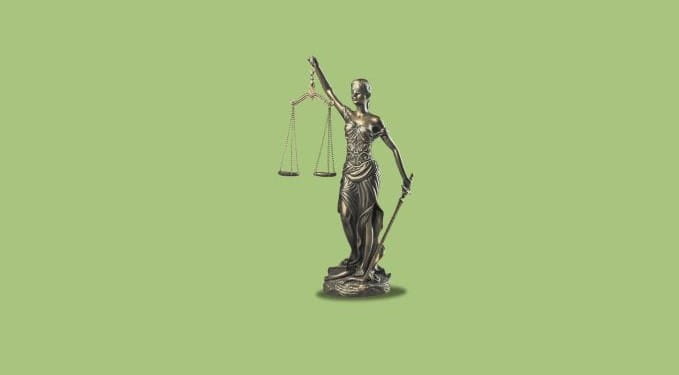ICAEW’s Code of Ethics is to be updated in March next year, when Council will be asked to approve it. This follows amendments to the International Ethics Standards Board for Accountants (IESBA) Code of Ethics and changes introduced by Council earlier this year.
As a member of the International Federation of Accountants, ICAEW is obliged to incorporate changes made to IESBA’s Code of Ethics into its own code. ICAEW’s current code came into force in 2020. The range of ethics projects undertaken by IESBA since then means that there will be a significant number of changes in the forthcoming update to ICAEW’s code.
Two of the most significant sets of changes relate to the role and mindset now expected of professional accountants, and new provisions relating to the use of technology. The role and mindset provisions highlight the importance of the profession’s duty to act in accordance with the public interest and reinforce the need for all professional accountants to have an inquiring mind, be mindful of bias and exercise professional scepticism when undertaking audit, assurance and review work.
New technology provisions highlight the potential risks that new technologies pose for the profession and reinforce with supporting application material the fundamental principles of professional competence and due care, and confidentiality. They also clarify independence requirements and the circumstances in which firms and network firms may not provide a technology-related non-assurance service to an audit or assurance client.
The updated code will also contain new provisions that strengthen and clarify the independence principles that apply to individual professional accountants and firms involved in group audit. These include communication on independence matters between a group auditor firm and component auditor firms involved in the group audit, and processes to address potential breaches of independence provisions at component auditor firms. The update amends the definition of ‘Audit Team’ and ‘Engagement Team’ and provides guidance on identifying those who fall within these respective categories.
Other changes include new guidance intended to strengthen the objectivity of those undertaking engagement quality reviews, and which references the ‘cooling-off’ periods introduced in ISQM 2.
Part 4B of the code will be updated to ensure alignment with ISAE 3000; and will provide guidance on identifying potential self-review threats in the provision of non-assurance services to an audit client that is a public interest entity.
The updates will also include the new provisions relating to professional behaviour approved by Council earlier this year, and which have been the subject of previous Insights articles.
In the run-up to formal approval of the updated code by ICAEW Council in March 2025, there will be a series of further articles in Insights, explaining the key changes and containing links to further and more detailed explanatory material on the ICAEW website.
An overview of the changes will be included in the new Ethics CPD General Update module being released next year and ICAEW intends to hold a webinar for members in the first week of April.
Gareth Brett, ICAEW’s Interim Director of Trust and Ethics, says: “Our priority is to ensure that members have the resources to help them get to grips quickly with the changes that will be introduced when the Code of Ethics is updated next year.”
He notes that IESBA continues to be active in the ethics sphere and that several significant projects, including Tax Planning and Related Services; Using the Work of an External Expert; and Independence Standards for those engaged in Sustainability Reporting and Assurance Work have been completed by IESBA recently. The organisation has also initiated a new project on Firm Culture and Governance.
“While these revisions are not included in next year’s updates, they will be incorporated into future versions of ICAEW’s Code of Ethics,” says Brett. “The current pace of change at IESBA means that we’ll need to update our code more frequently to maintain alignment.”
Global Ethics Day
Global Ethics Day 2024 focused on using the power of ethics to build a better world. ICAEW examined the vital role ethics must play in the use of technology in accountancy.




